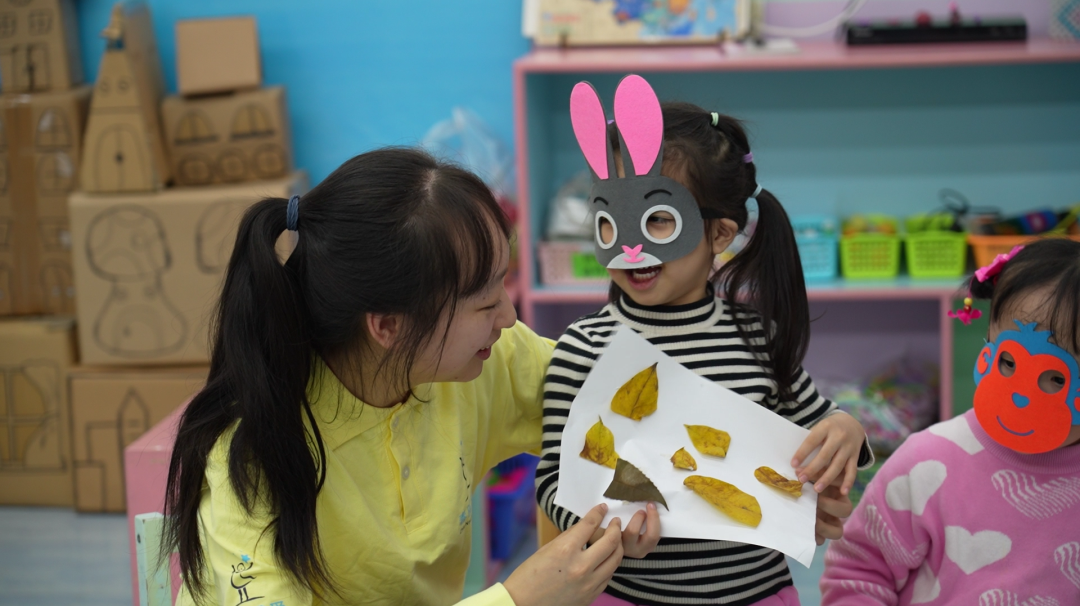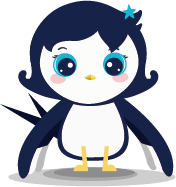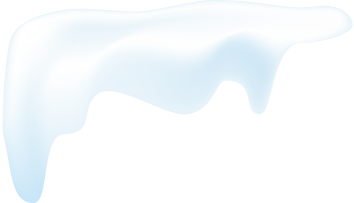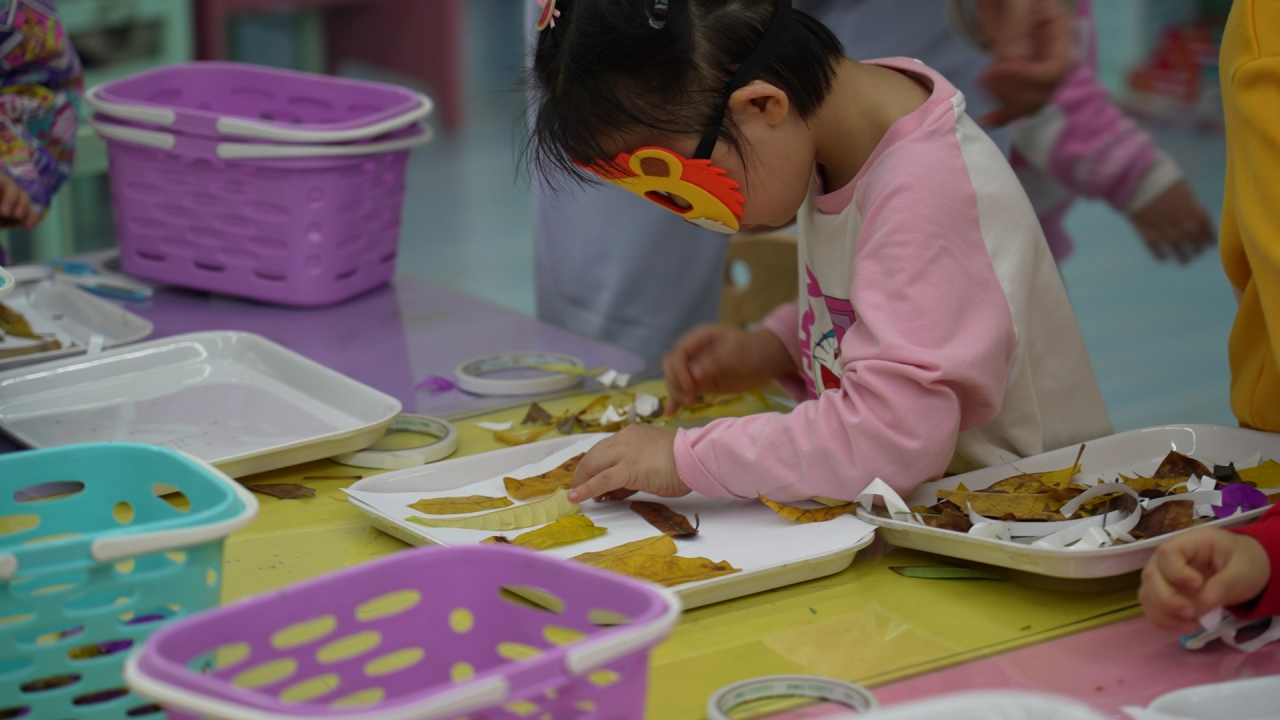
Getting close to nature is the best education. Everything in nature provides children with a wealth of sensory stimuli that have an important impact on their development. The alternation of sea-sons, the most straightforward natural change, is the best time for children to get the most enriching sensory ex-periences.
As we know, young children learn through sensory experiences, which often begin with observation. It is more important to note that there are many very important develop-mentally sensitive periods during infancy and early childhood. In one of these periods, the children are particularly sensitivity to tiny things, which helps them develop their concentration and observation. In Chunhui Mama’s early education sub program, observation is one of the most fundamental and important elements of responsive care and education. Adults observe children, interpret their needs, create opportunities for them to observe too. Observation allows adults and children to learn from and respond to each other.


As the winter came, Chunhui mamas took the children out to observe and explore the wonders of nature.
With containers, bags, buckets or cartons in their hands, the children loitered in the courtyard and enjoyed the rustle of fallen leaves. Under the guidance of their Chunhui mama, they carefully observed the languish-ing plants and flowers. Then they picked up what they thought were the most special leaves and flowers. Their Chunhui mama listened attentively to what they talked about and encouraged them to discuss: "Why are the leaves withered in winter?" "Which trees remain green in winter?" "What do flowers look like in winter?" "Which plants do you like in this season?" …… These open questions inspired the children to observe and find out what winter looked like through their own eyes.
“What does this crotch of the tree look like?” The Chunhui mama asked after the children closely observed the trunk, roots and crot-ches of a tree. She found that the children had great observation skills and showed amazing attention to details. So, rather than tell them everything directly, she encouraged them to explore, think and talk.

Back in the classroom, the Chunhui mama showed the plants she had photographed to the children and asked them to talk about these plants again, their names, leaves and flowers…...Then under her encouragement, the children had a great time making hand-icrafts and decorating the classroom with the materials they collected outside.
While bringing the children immense joy, this winter exploration helped unlock their creat-ivity and potential.


An important goal of early education is to increase children’s observation skills, ignite their creativity, enhance their concentration and promote their brain development. This will lay a good foundation for their cognitive development.
Winter is a special season for rich sensory experiences.
Chunhui mamas designed the activity "Spott-ing Winter on the Window". They took the children outside at different times of the day and asked them to observe the windows, find out any changes they had, and talk about how these changes happened.
For example, when it’s windy, what happens to the windows? What do you hear and see? On a foggy day, the children were amazed to find that their window was coated with mist. Their Chunhui mama encouraged them to draw on it and then asked them: “When will the fog disappear?” “Why does it disappear?” “What happens if you breathe on the window?” “What other misty surfaces can we draw on?” “Can we dip our pencil in water and draw on the ground with it?”
Observation of the window helped the child-ren learn about the changes of nature while enjoying the fun of drawing on glass.
Our hands are important for our intellectual development. Well, young children learn with their hands. Opportunities for hands-on experiences play a crucial role in brain development. The "Spotting Winter on the Window" activity enhanced the children's observation and hands-on skills.
The core of early education is observation and sensory experiences. Exploration in nature is the best education for children.